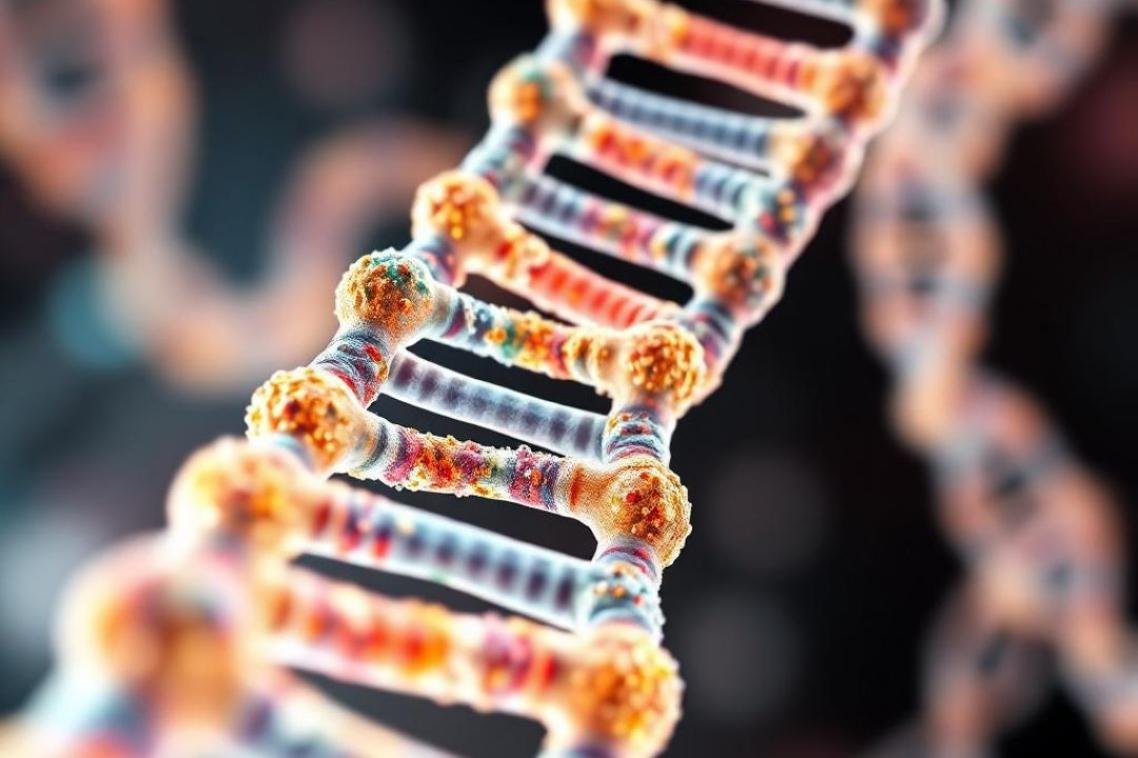
Researchers from Australia's University of Queensland (UQ) and University of Cambridge in the UK have developed a platform for human cells powered by artificial intelligence (AI) that could aid the development of therapeutics and personalised treatments for cancer patients.
The platform – called DNAscent - combines AI software with nanopore DNA sequencing to study how DNA is copied in cancer cells, and what happens when that process is disrupted during chemotherapy.
UQ Frazer Institute senior research fellow Dr Mathew Jones said that DNAscent will help researchers identify biomarkers that can better predict how tumours will respond to chemotherapies.
DNAscent is a method to more accurately measure DNA replication stress: a hallmark of cancer characterised by the frequent slowing, stalling, and collapse of ‘replication forks’, the machines that copy DNA inside healthy and cancer cells.
Dr Jones said further work will be required to prepare DNAscent for clinical applications, but is was confident the technology has already superseded earlier methods.
“While the primary aim of this project was a tool to aid the development of cancer therapeutics and personalised medicine, our AI model can also generalise to other genomes, including outlier genomes like those of malaria parasites", said the researchers.




